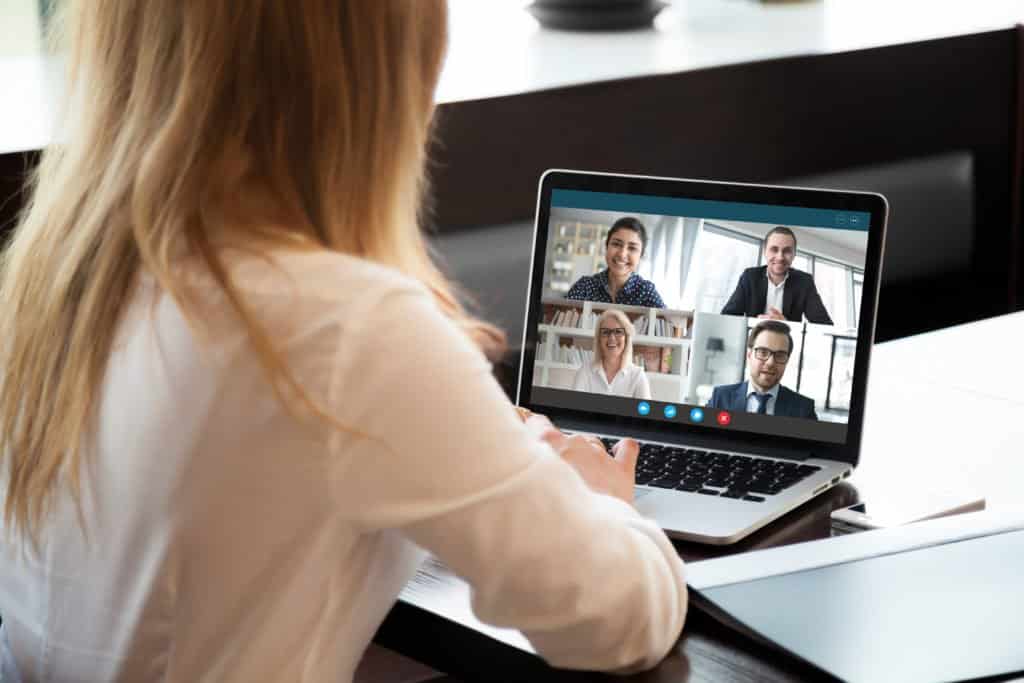Thursday, May 21 marks the ninth annual Global Accessibility Awareness Day. Accessibility and inclusion should be at the forefront of every higher education leader’s mind and embedded in their strategic goals when designing new courses, providing students with online video offerings, as well as organizing extracurricular events.
Global Accessibility Awareness Day is designed to get everyone talking, thinking and learning about digital access and inclusion. This idea is inclusive of web, software, mobile and all ways students with and without disabilities engage with the school’s content.
To raise awareness about this important initiative, Verbit is spearheading a campaign throughout the month of May. We’ve recruited multiple higher-ed thought leaders to share their unique perspectives. We’ll be posting videos each week which highlight a different professional who inspires us and is making waves in the realms of accessibility and inclusion as they pertain to students.

The leaders participating represent general leadership, disability department managers, instructional designers, video experts and others at the University of Florida, George Mason University, Mediasite, Fundacion San Telmo, Virginia Tech and University of Tennessee, Knoxville.
Amanda Jackson, Learning Specialist, Disability Resource Center of the University of Florida, kicks off this initiative with our first video. Watch here.
Jackson and the other participants are drivers of their schools’ usage of new technologies, such as live captions of online lectures. They come from both intuitive and less intuitive change management roles, but are leading accessibility initiatives at their respective schools.
These leaders will address what Global Accessibility Awareness Day means to them and their universities. They’ll answer questions, including:
- What is one example of an accessibility initiative that you’ve committed to, or that your school plans to commit to in the near future?
- What accessibility-related initiative or news have you found to be inspiring recently?
- What should the future of accessibility in higher education look like?
We encourage you to chime in on the conversation with the hashtag #GAAD and comment on our posts with what accessibility and inclusion mean to you as well. Contact us to learn how your school and courses can be more accessible to students.

